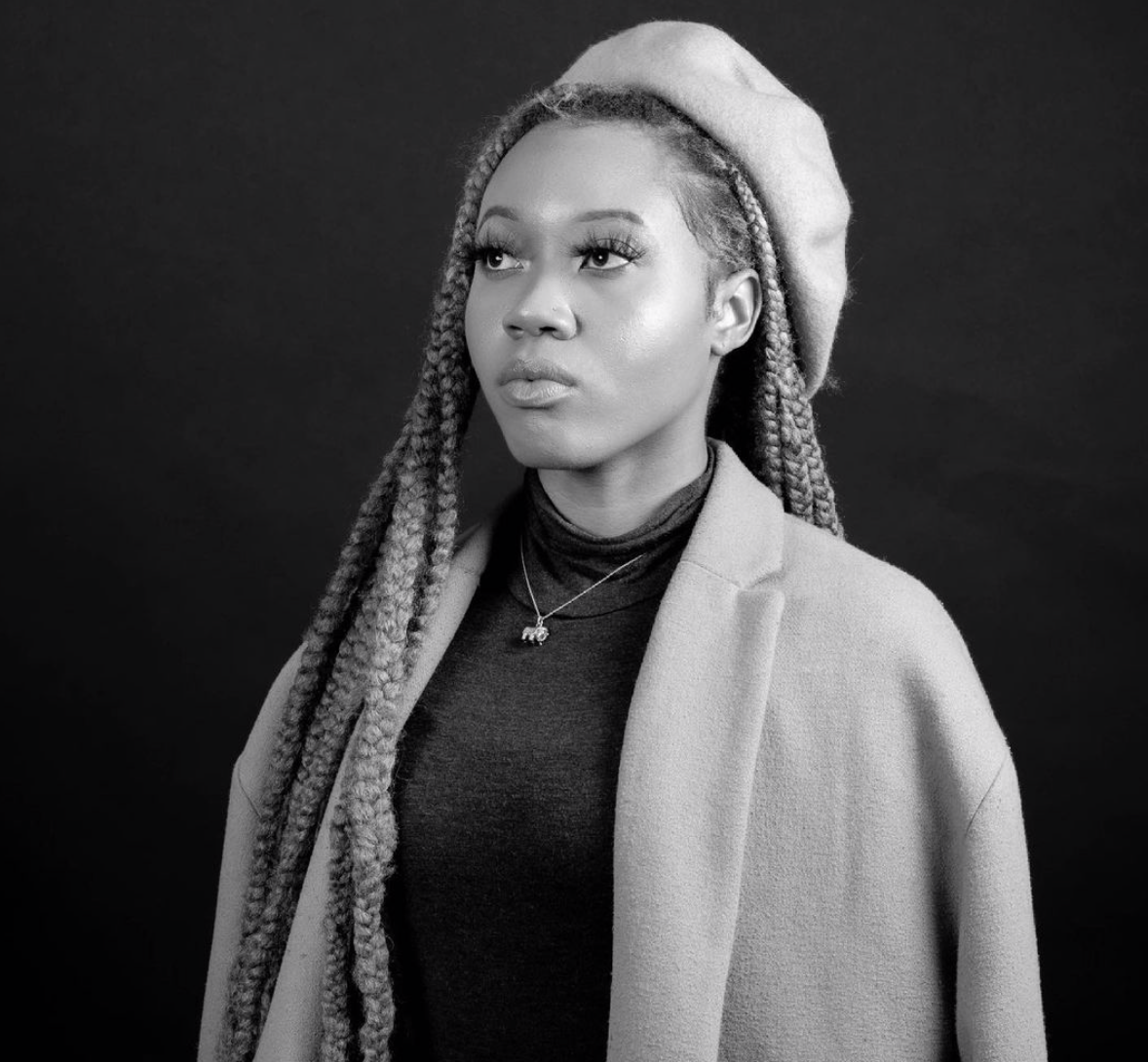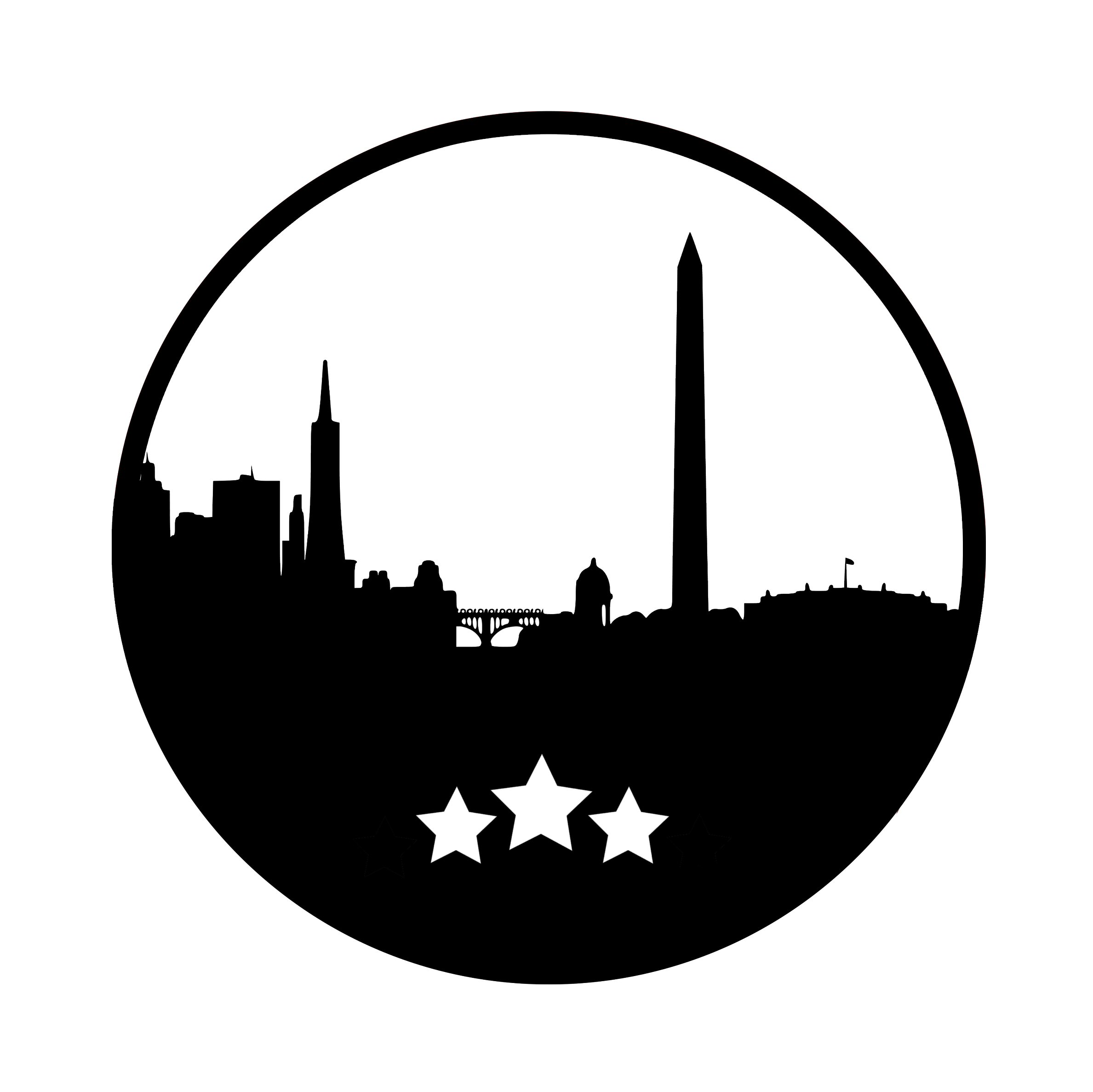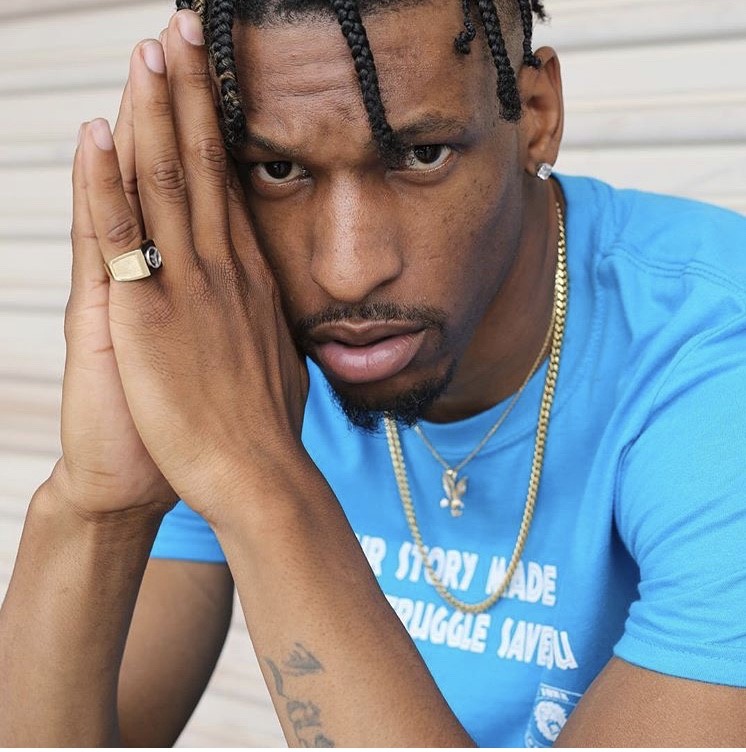

Interviews
The Double R3 Show Interviews Deja Nycole
Writer Richard Schertzer interviews documentarian Deja Nycole.
Richard: So I guess I’ll just start this interview by asking, what’s your name?
Deja: Deja Nicole.
Richard: Okay. And I saw your documentary storyteller. According to your Instagram.
Deja: Yes, I am. I’m a documentary storyteller. My main medium is photography. I started in the Dark Room. So found digital and also exploring poetry and videography.
Richard: Okay. What kinds of films have you made?
Deja: Well, just the docu-series are released, Black and Dangerous. So that video interviews of black people talking about the stereotypes they face throughout their life and how that made them feel. So that’s really me getting my foot wet with film and video. But with film photography. As I said, I’ve been in a dark room for about six years now. So black and white photography and my main focus is the African diaspora and those who have been within it.
Richard: Yeah. What made you want to get into film?
Deja: My undergrad at High Point University. That was one of the courses that they offered. And my aunt, she, and my uncle married an Egyptian woman. So my aunt was back in 2010, 2011 around that time frame. And when I met her in ‘12, she showed me, like, her whole portfolio photography in the different places she’s traveled. So when I saw that, I was like, wait, I can do this just like the camera. Like, this is the tool I need to travel the world. She’s like, Yeah, like, I’ve been to Turkey, just Spain, and she’s just listing countries left and right. And she told me the best way to learn photography is by starting from scratch from the Darkroom and from the film. So when I saw they had that at Hype Point, I decided to take the two courses that they offered and instantly fell in love. Like, my first Darkroom print was a flower. But just seeing that come to life right in front of my eyes, I was like, Oh, my gosh, it’s just so special. I love it. So it’s textile art. And I love the practice of using my hands and learning and exploring through what I can make and just seeing that manifested and how it makes others feel.
Richard: Cool. So what do you see yourself in five years?
Deja: In five years? Hopefully owning my own studio. I am a business owner as well. I do photography full-time. So owning my own photography studio, hopefully having a few more documentaries under my belt and just making connections and networking as I go with different minorities and letting my platform to broadcast their stories and share their voice.
Richard: So what documentary do you want to do next?
Deja: You know? So that’s still in the works. I’m still brainstorming and in the ideation phase, but the documentary that I just released, Black and Dangerous isn’t like one and done. So it’s a series. So I’m still working on that. So hopefully in five years, time, Black and Dangerous is still rolling, and I’m still connecting and telling other people’s stories on what makes them dangerous. Dangerous as of person as a black person in America. So that’s one that I see, like, running its course within the next five years. And I’m sure I’ll find something stemming from that I’ll probably pull from past works I’ve done. But at this time I don’t have anything concrete. As like, what’s my next documentary?
Richard: So with Black and Dangerous was that, like, under a big-time production company, like Netflix or something?
Deja: No. So this is started as my Capstone for my graduate program from the George Washington University that I just graduated from in May. So under the New Media Photo Journalism program, we were all required to produce a documentary of some sort. So mine just so happen to focus on people closest to me. I gave them journals. Everybody got a Journal and some prompts. So through those prompts, it said, like, how do you feel when those that look like you are stereotyped? Have you ever been stereotyped? How does that make you feel? What are some of the names people have called you? Some people said lazily. Some people said threatening. Some people literally said dangerous and made them feel less than. And the purpose of this was to take all of those negatives and make them into positives. But people have a long history of getting scraps in the leftovers. And just so, any negative connotation associated with blackness. And it’s time to flip the script and continue to show our beauty. And that starts with how we identify ourselves and how we label our own selves. So taking that power back and sting. I am dangerous because I am diverse, I am unique, I am intelligent, I am most spoken. However, you identify yourself. But taking that power, so when you can define yourself, nobody else can define you for you. Yeah. I don’t remember when the initial question was, but hopefully, I answered it.
Richard: No, you answered it. Okay. Was there anything else you want to add?
Deja: No. I think as I said, the Journal, the general entries, the generals I shared, and this all live on black dangerous dot com. I included a lot of my poetry in there. It was actually the first time I shared my poetry in a public space. Usually, I just keep it to myself or share it with my immediate family. So that was a huge step for me. I performed one of my pieces and am currently in the process of putting my poems that live a part of Black and Dangerous into a book. So eventually a book is coming, a part of that for my poetry. So stay tuned for that.









